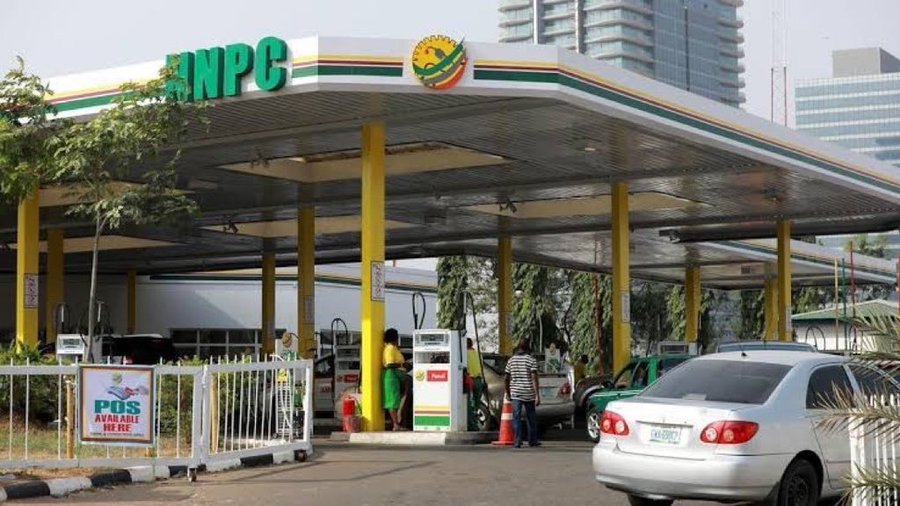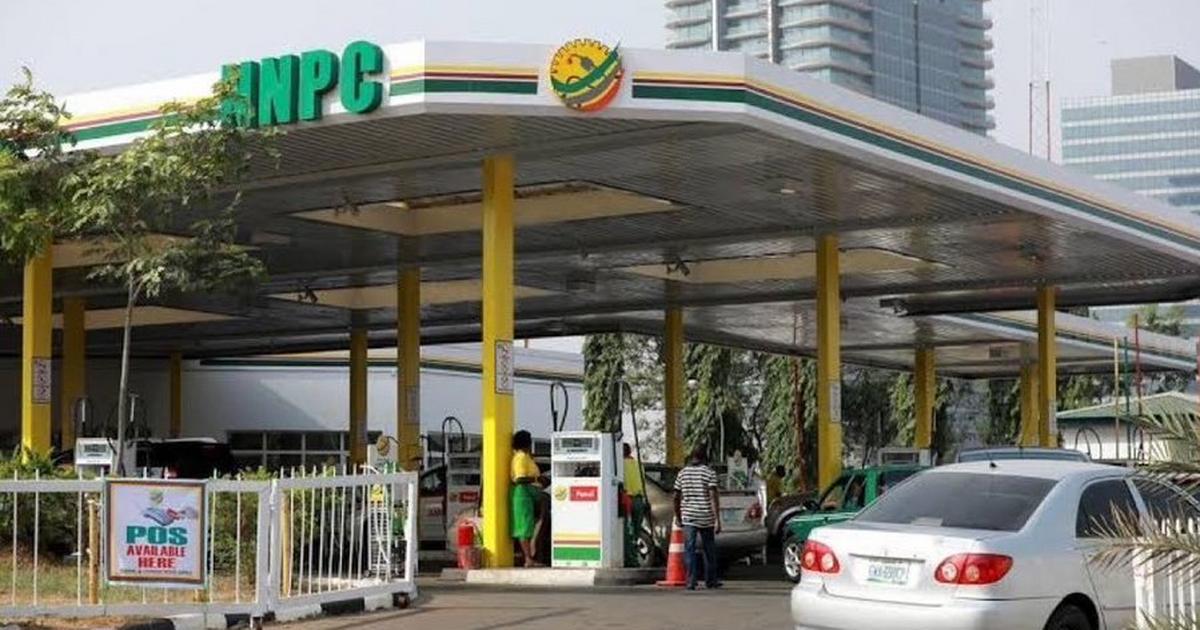
Nigeria owes its state-owned oil company nearly half of what it expects to collect in revenues this year due to a gasoline subsidy reintroduced in August, Bloomberg reported.
The Nigerian National Petroleum Corp. (NNPC) is owed 7.8 trillion naira ($4.9 billion) in subsidy debts for the seven months leading up to July, according to NNPC’s Chief Financial Officer, Umar Ajiya. The government has projected to collect 19.4 trillion naira in revenue this year.
The subsidy, which was scrapped in May last year by President Bola Tinubu to repair the state’s strained finances after debt-service costs surged to 96% of revenues, was reintroduced to ease the impact of inflation, now at 33.40%, on Nigerians.
The official position of the Tinubu administration remains that “subsidy is gone.” Ajiya said that the national oil company is only bearing what he called the “shortfall” and not subsidy.
The government will allow NNPC to offset about 2.2 trillion naira it owes the state against the subsidy debt, according to Chief Financial Officer Umar Ajiya. He shared this after NNPC released its results in Abuja, the capital.
The government accumulated this debt to NNPC because the company is the sole importer of gasoline, which it sells to marketers at below-market rates to keep prices low.
At NNPC retail stations in Lagos, fuel is sold for around 617 naira per litre, compared to over 1,000 naira in neighbouring countries, which has led to cross-border smuggling of the product.
The state-owned oil company reported an annual profit of 3.3 trillion naira in 2023, up from 2.55 trillion naira the previous year. Chief Financial Officer Umar Ajiya stated that NNPC plans to invest $6.6 billion in its operations this year, with most of the funds being borrowed.
Oritsemeyiwa Eyesan, the executive vice president of NNPC’s upstream division, added that crude and condensates production is expected to rise to 2 million barrels per day by the end of the year, up from an average of 1.75 million barrels per day in August. This growth is attributed to enhanced security measures aimed at curbing oil theft.

















